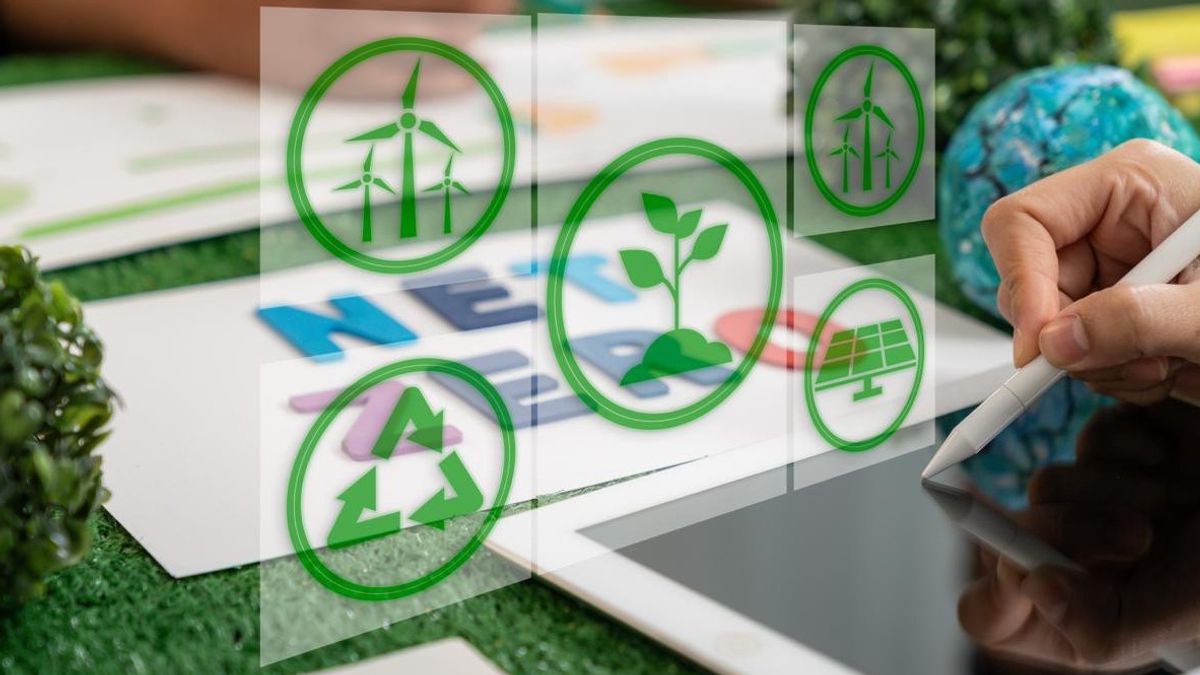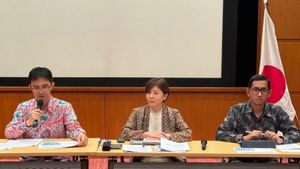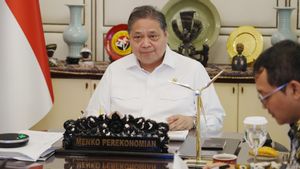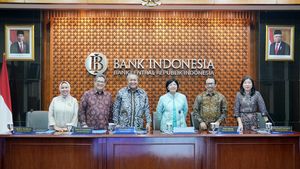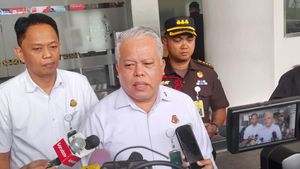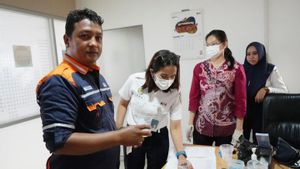JAKARTA - Leading global management consulting firm, Kearney, today released its latest report, Indonesia’s Pathway to Net Zero 2060. The report examines Indonesia’s ambitious journey to achieve net zero emissions by 2060, and highlights the importance of a structured approach through strategic macro investments in supporting the country’s green transition.
The report emphasizes that as one of the world’s largest greenhouse gas emitters, Indonesia has faced significant challenges in balancing economic growth and environmental sustainability. Well-targeted investments can create a greener and more resilient future for Indonesia.
Kearney’s findings highlight the need for Indonesia to make strategic investments of $2.4 trillion between 2022 and 2060 across key sectors, including agriculture, forestry, and other land use (AFOLU), energy, transportation, waste, and industries process and production use (IPPU). This significant investment, averaging $62 billion per year, will be critical for Indonesia to achieve its ambitious climate targets.
“Macro investment is the backbone of sustainable innovation and economic growth,” said Shirley Santoso, President Director of Kearney Indonesia.
“By directing resources to high-impact sectors with high growth potential, we can create jobs, increase productivity, reduce poverty, and drive innovation that aligns with global sustainability goals. This investment is critical to ensuring Indonesia’s resilient future in the face of global economic challenges and securing its leadership position in the global market.”
The report highlights the importance of investment in several areas, including:
● Renewable Energy: Indonesia needs to transition from fossil fuels to renewable energy sources, including solar, wind, hydro, and geothermal. This will require significant investment in energy infrastructure and technology development. The report notes that Indonesia’s electricity mix is heavily skewed towards fossil fuels. In 2022, only 15% of Indonesia’s installed electricity capacity will come from new and renewable energy (EBT).
● Sustainable Transport: Indonesia must invest in electric vehicles, biofuels and public transport infrastructure to reduce emissions from the transport sector. The report highlights that Indonesia’s public transport system is often constrained by poor coverage, unreliability, suboptimal fleet viability and a lack of an integrated fare system. While the government has invested in toll roads, public transport and promoted electric vehicles, public transport needs to continue to improve in terms of coverage, a move towards lower or zero emissions, and good integration between multi-modal transport and fare systems, as well as reliability.
● Waste Management: Significant investment is also needed in improving waste management infrastructure, encouraging recycling activities and reducing methane emissions from landfills. The report notes that only 10 percent of waste in Indonesia is recycled.
● Green Technologies: Investments in research and development of green technologies, including hydrogen, carbon capture and storage (CCS) and sustainable agricultural practices are essential for long-term decarbonisation. Green hydrogen could be a key driver of Indonesia’s long-term decarbonisation efforts.
“Indonesia has a golden opportunity to become a global leader in green technology,” said Som Panda, Principal at Kearney Indonesia.
“Investing in hydrogen, flow batteries for electric vehicles, and direct air CCS can unlock enormous decarbonization potential and position Indonesia as a leader in sustainable innovation. These technologies not only have the potential to reduce emissions but can also create new industries, attract investment, and drive economic growth. A strong focus on research and development in these areas is critical for Indonesia to achieve its ambitious climate goals and secure its leading position in the global green economy.”
“Achieving net zero by 2060 is not just about reducing emissions; it is about transforming our economy and society for future generations. With the right investments and policies, Indonesia can lead the global sustainability effort, ensuring long-term economic growth and environmental sustainability,” Shirley added.
The English, Chinese, Japanese, Arabic, and French versions are automatically generated by the AI. So there may still be inaccuracies in translating, please always see Indonesian as our main language. (system supported by DigitalSiber.id)
